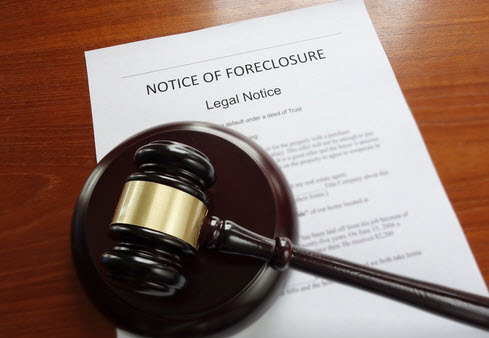Foreclosures in Alabama
Alabama has no shortages of foreclosures, especially in cities like Birmingham, Mobile, Montgomery, Bessemer, Huntsville, Anniston, Auburn, and Gulf Shores. If you are a lender dealing with renegotiation of loans or mortgages, short sales, deeds in lieu of foreclosure, or other related transactions, you want to ensure that you work with a local attorney who understands how the legal processes work surrounding these actions.
In Alabama, lenders can foreclose on both mortgages and deeds of trusts that are in default by using either non-judicial or judicial foreclosure processes. You want to be familiar with these, as you have a few options, depending upon the mortgage or deed of trust.
Power of Sale Clause
A power of sale clause is written into a mortgage and authorizes the lender to sell the property in the event of default; in other words, it is equivalent to building in circumstances warranting foreclosure into the deed of trust or mortgage.
Some deeds of trust or mortgages contain very detailed specifications as to when exactly this can occur, and if so, these requirements need to be followed. However, if the mortgage or deed does not specify the time, place, or terms of the sale, a foreclosure sale can take place at the county courthouse where the property is located to the highest bidder after the last notice of sale has been published. This notice must have been published in a newspaper of the county in which the property is located (or counties, if the property is in more than one county) once a week for three successive weeks, and must contain sufficient details including the time, location, and terms of the sale, as well as a description of the property involved.
Judicial and Nonjudicial Foreclosure
If the mortgage or deed is lacking any power of sale clause, then the lender can either file a lawsuit in order to obtain a court order to foreclosure, or forego filing a lawsuit and instead simply sell the property.
Right of Redemption Laws
There is what’s known as a “Right to Redeem after Foreclosure” in Alabama, which means that the property owner may redeem the property within 180 days or one year after the foreclosure sale. In this sense, the law provides borrowers with a redemption period within which they can recover their property.
Deficiency after Foreclosure
If you go through foreclosure but the sale price does not cover the balance of our mortgage, the lender can go after the borrower for the difference (or the “deficiency”).
Experienced Foreclosure Attorneys Serving Birmingham and Mobile
Cloud Willis & Ellis assists institutional lenders, mortgage loan servicers and private lenders throughout Alabama in the foreclosure process for all types of both residential and commercial properties. Contact us today to obtain foreclosure assistance of any type in Alabama—we are eager to help.





